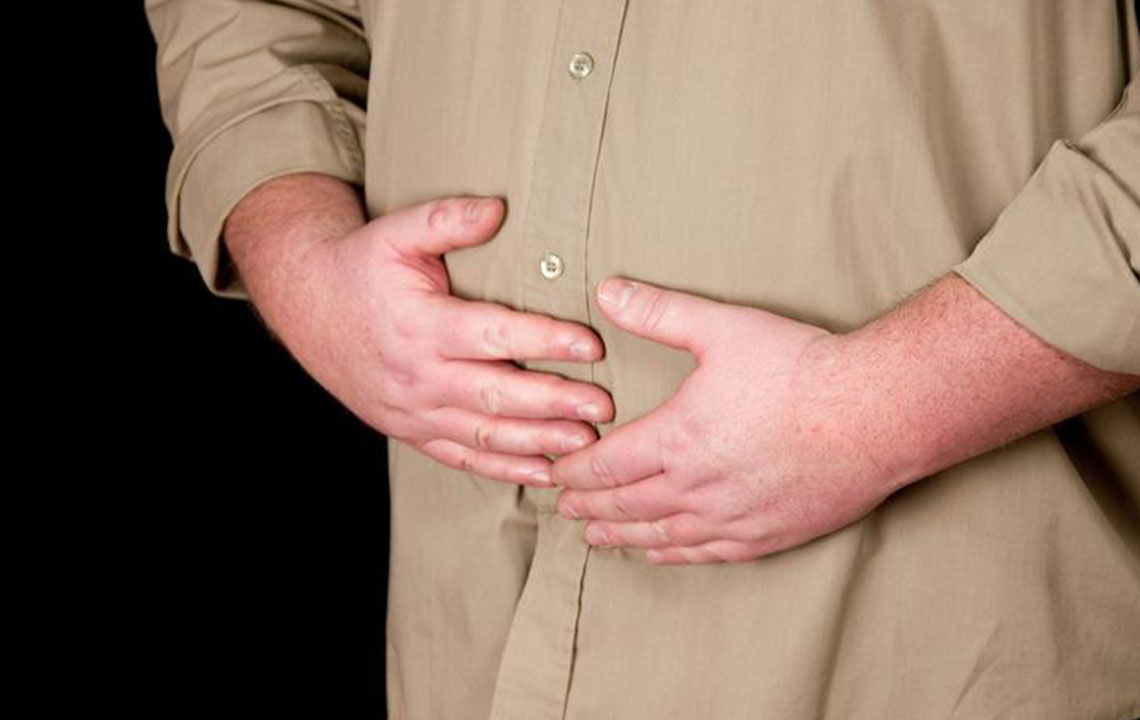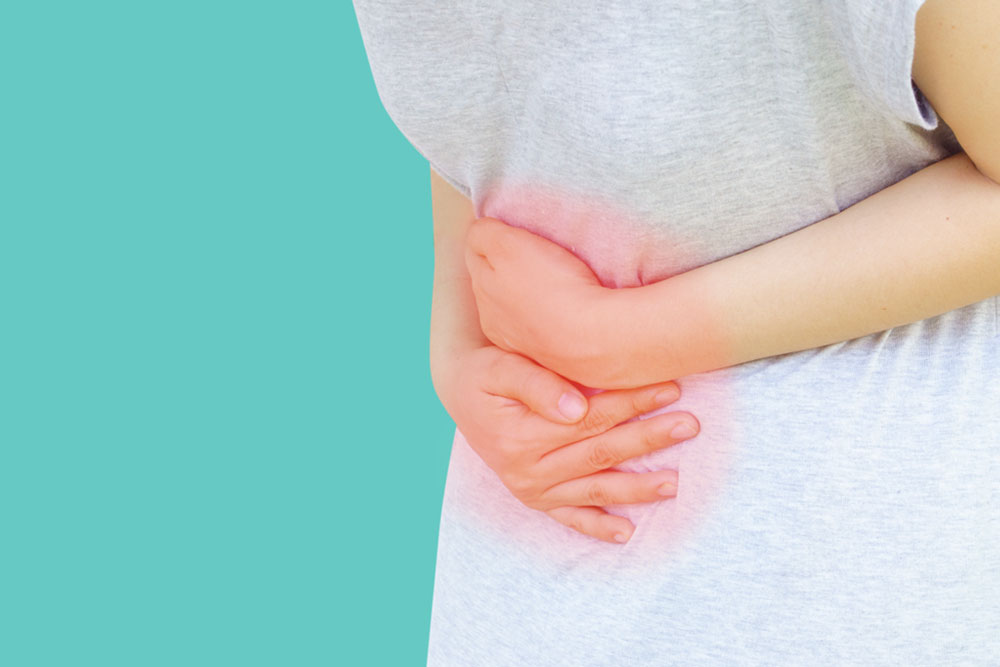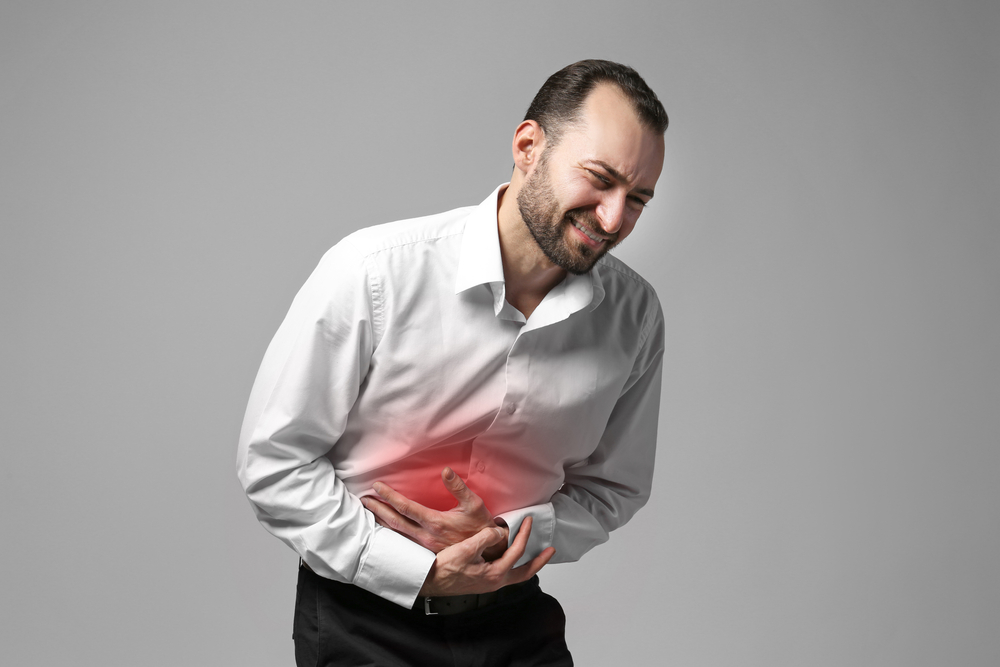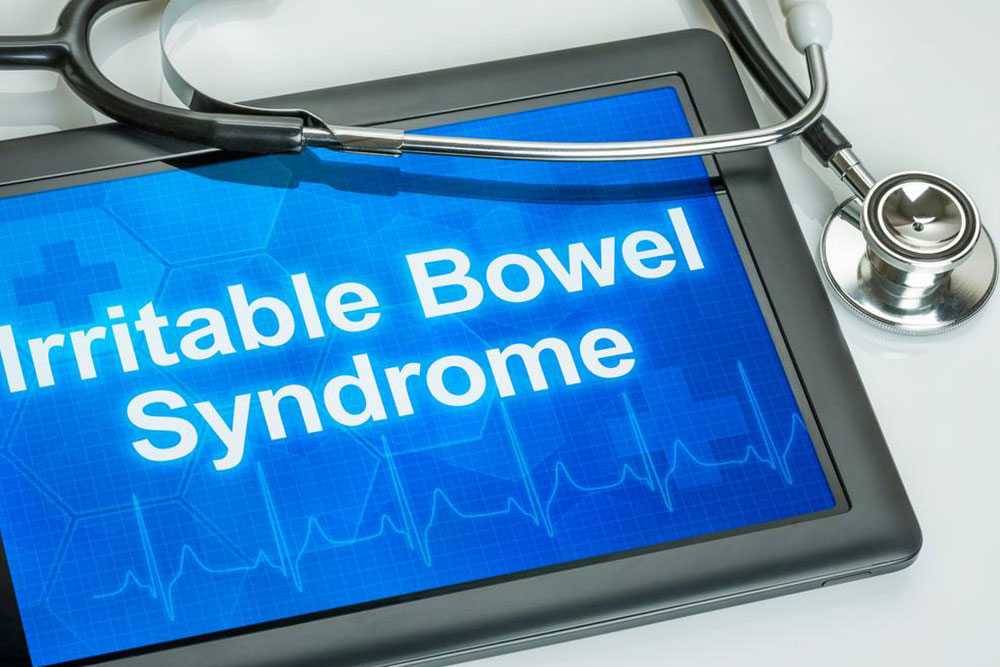Understanding Gas and Related Discomforts
This comprehensive guide explains common causes, symptoms, and treatment options for gas and abdominal discomfort. It highlights dietary adjustments and when to seek medical help for persistent or severe symptoms, providing practical tips for relief and health management.

Understanding Gas and Digestive Discomforts
Many people experience bloating and abdominal heaviness after meals, feeling as if their stomach is a rock. When suffering from excess gas, individuals might feel the urgent need to burp or pass gas, especially in public. These symptoms, including distention, bloating, and gas, are common but often embarrassing. If such issues are frequent and interfere with daily life, various treatment options are available for relief, ranging from home remedies to medical consultation.
Excess gas can often be addressed through simple dietary adjustments or by consulting a healthcare professional. These issues are widespread, caused by factors such as consuming carbonated beverages, gas-producing foods like beans and cruciferous vegetables, or fermentation in the intestines.
What is digestive gas?
Gas formation in the digestive system is a normal part of digestion.
Releasing excess gas through burping or flatulence is also natural.
When gas moves sluggishly or becomes trapped, it can cause discomfort or pain. Consuming certain foods that tend to produce gas may worsen symptoms. Making simple dietary modifications can help alleviate these issues.
Signs of gas or gas pain include:
Burping: Common after meals, often caused by swallowing air during eating.
Passing gas: Most individuals pass gas up to 20 times daily.
Bloating: Swelling and fullness in the abdomen, typically during or after meals.
Abdominal discomfort or pain: When gas does not move efficiently, pain may occur.
When to consult a healthcare professional:
If gas-related discomfort persists or becomes severe, interfering with daily activities, medical advice should be sought. Additional symptoms like bloody stools, changes in bowel habits, unexplained weight loss, diarrhea, constipation, persistent nausea, or chest pain warrant immediate medical attention.
Conditions That Contribute to Gas:
Chronic intestinal conditions such as Crohn’s disease or ulcerative colitis can increase gas production.
Constipation may hinder gas passage, causing buildup.
Small intestinal bacterial overgrowth (SIBO) can lead to excess gas and diarrhea.
Food intolerances, like lactose or gluten sensitivities, can cause bloating and gas due to digestion issues.










